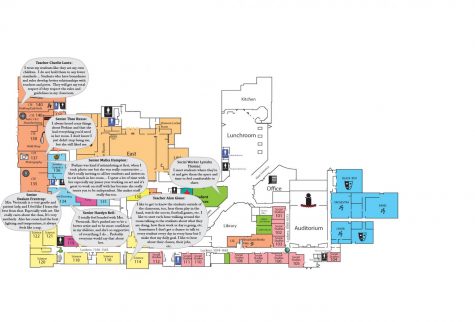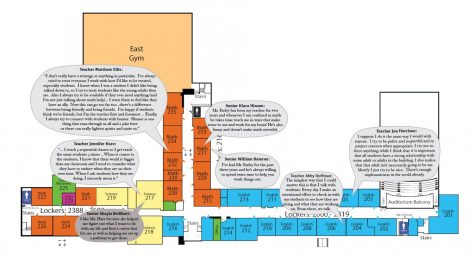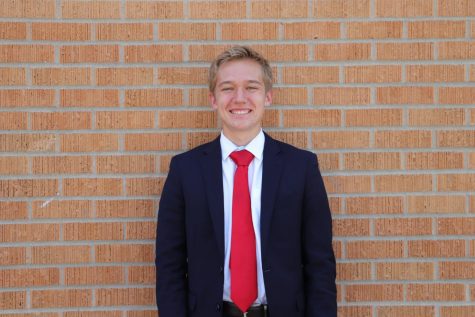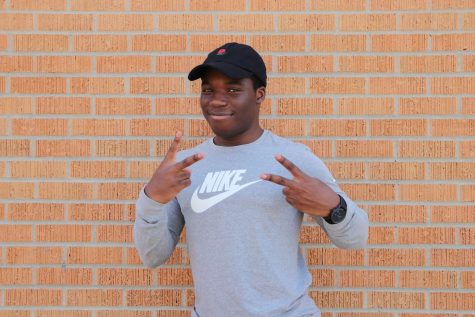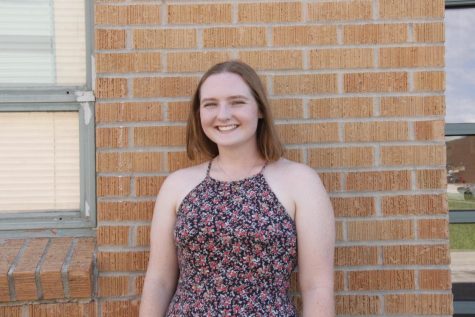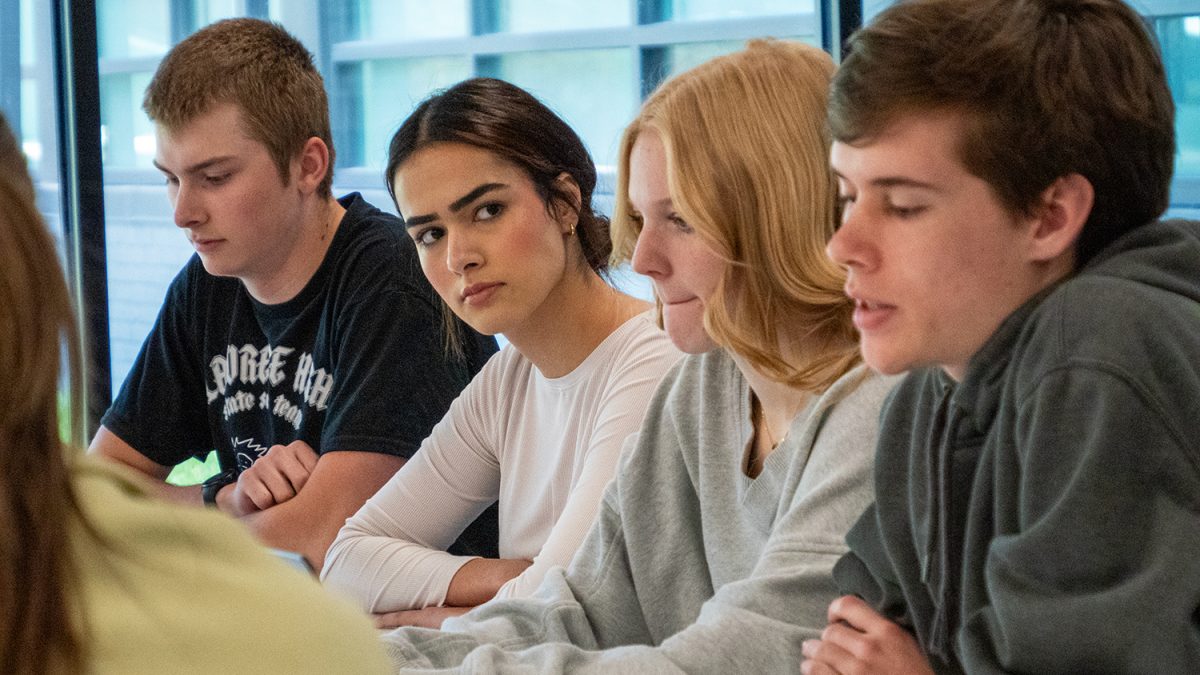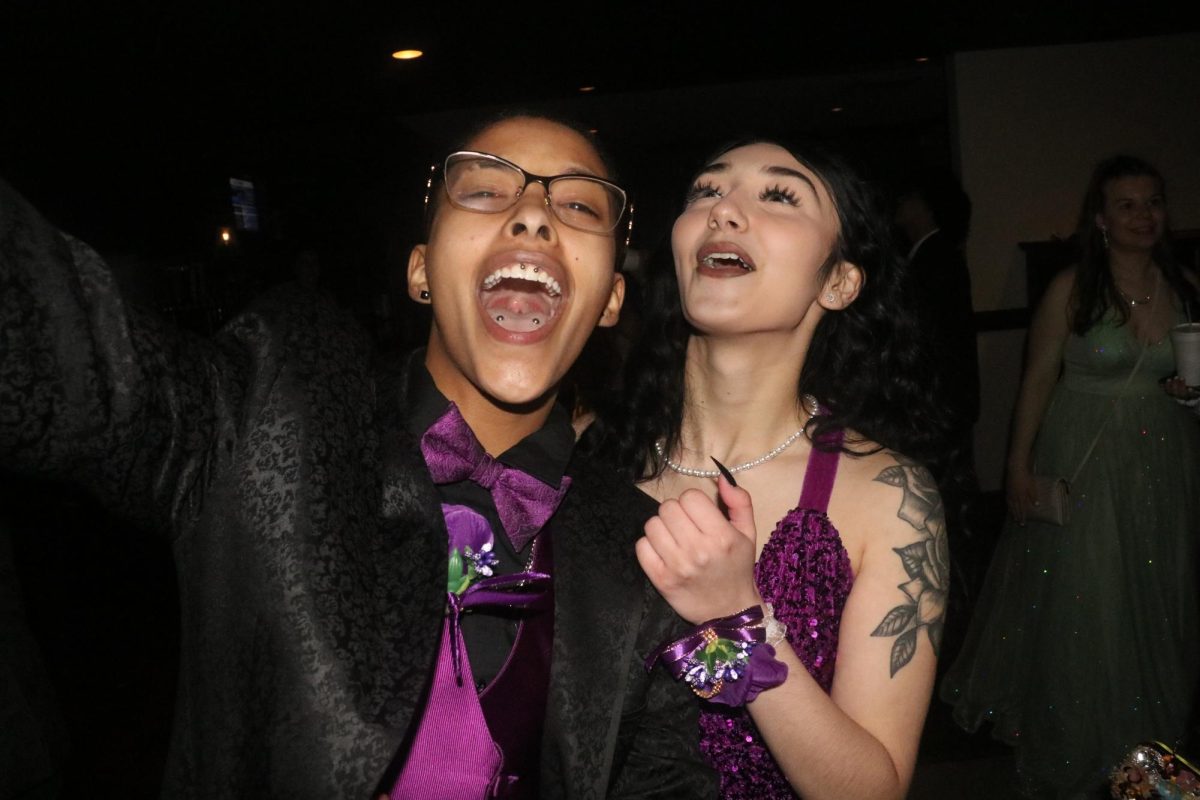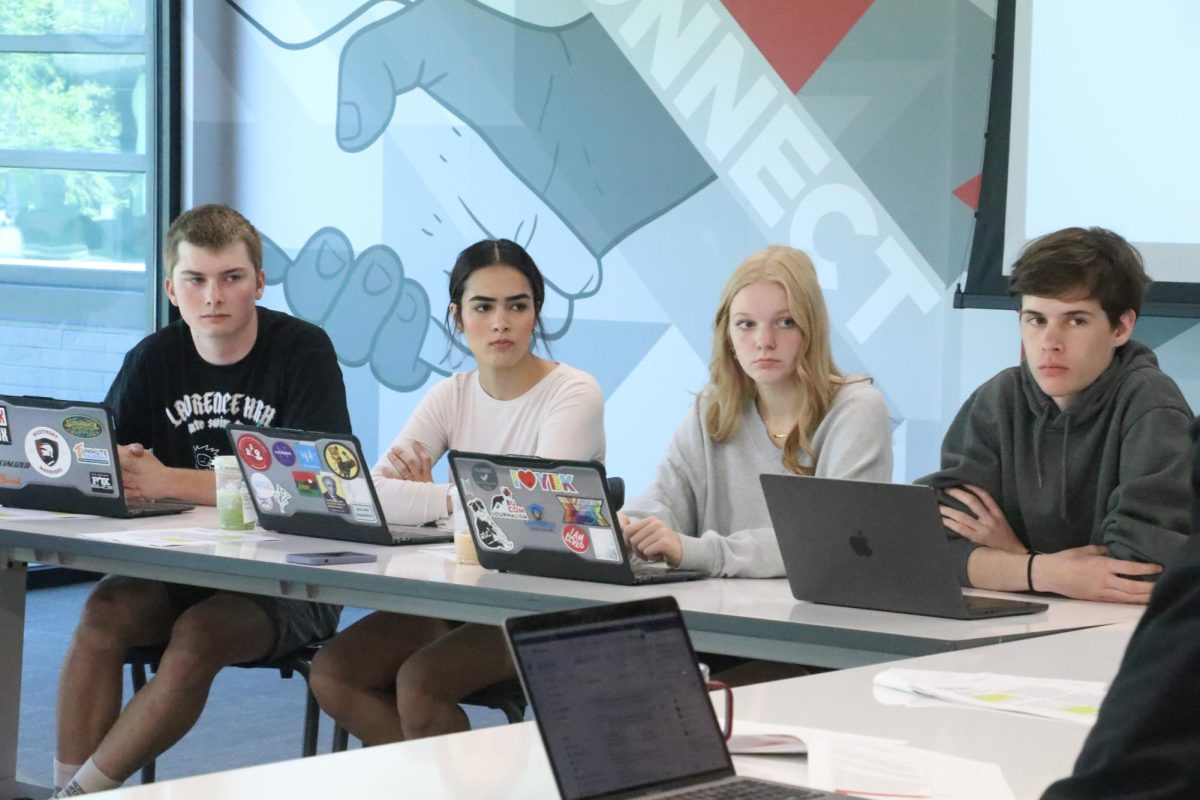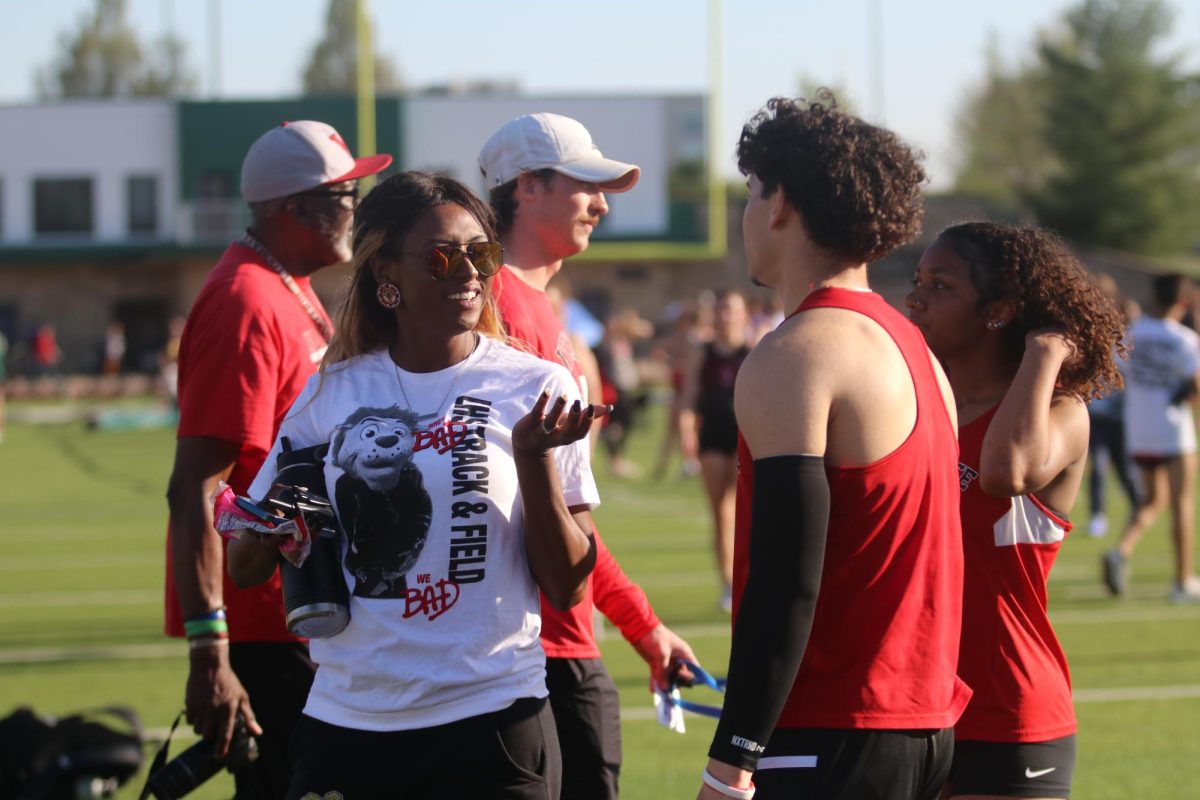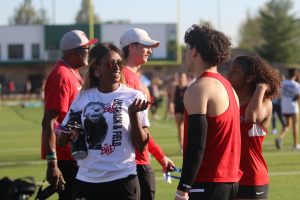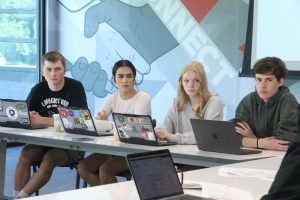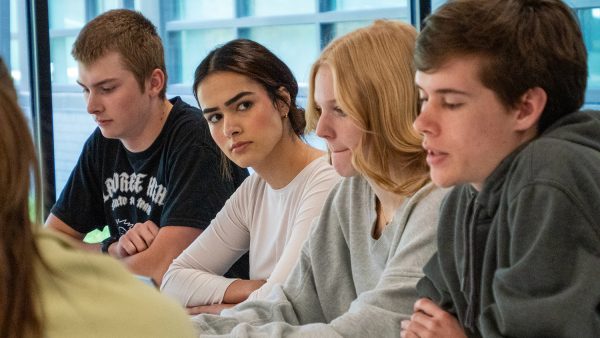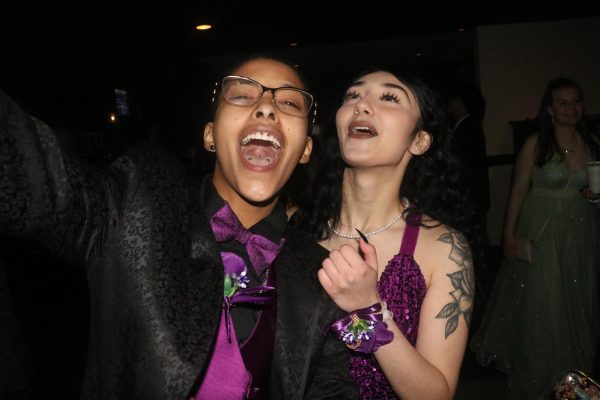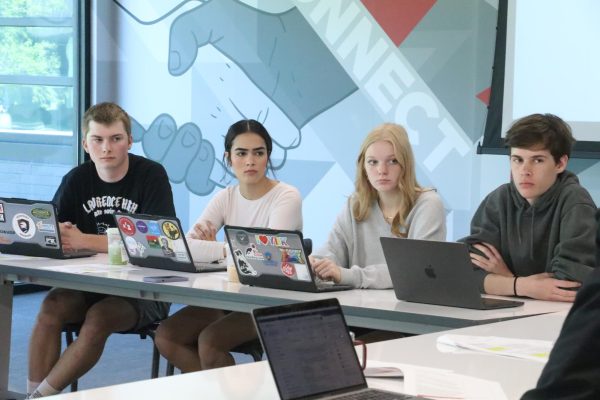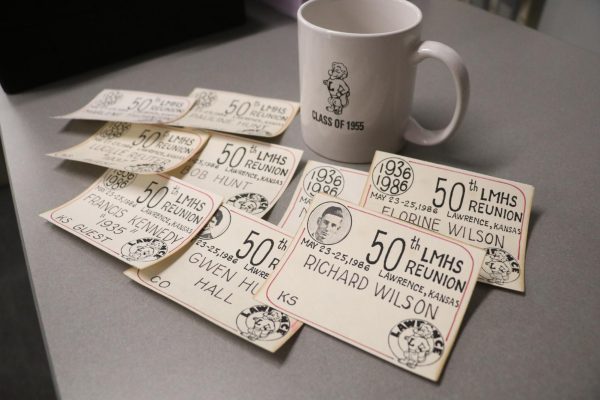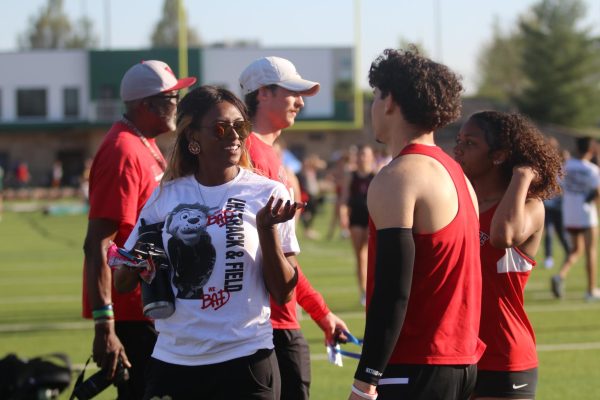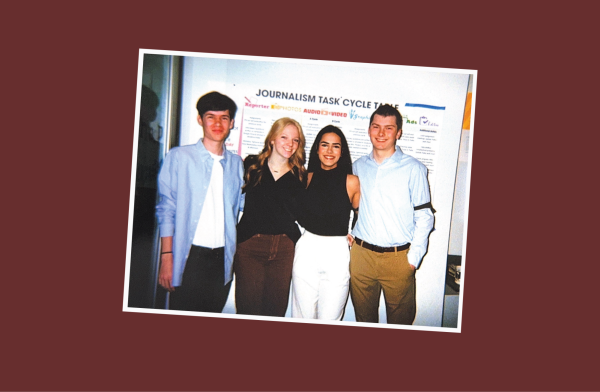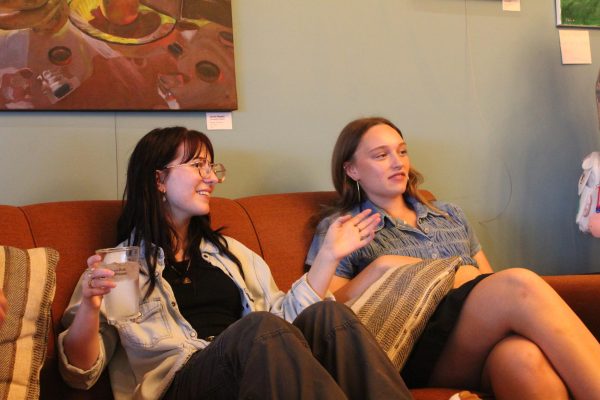Staff work to create positive relationships with students following safety threats
Administration and mental health team reach out to students without trusted adult, brainstorm ideas for greater connection
April 24, 2019
In the wake of several gun incidents this school year, the district and Lawrence High administration have prioritized building positive relationships between students and adults in the building.
Following two instances of loaded guns being brought to school in early February, the district worked with administration to orchestrate a schoolwide student-adult connection activity where students were asked to write the name of a trusted adult on a notecard if they knew any. Administration and the mental health team are now in the process of going through the cards and brainstorming solutions.
“I have asked the high school administration to review those cards. I asked them to look for students who wrote, ‘no one’ so they can match those students with caring adults,” superintendent Dr. Anthony Lewis said. “I also asked them to determine which staff members were cited multiple times by students.”
District mental health facilitator Jose Cornejo and assistant principal Mark Preut were charged with implementing the activity back in February based on research that suggests relationships are the key to preventing violence in schools.
“The best way to prevent school violence is by having positive relationships between students and adults,” Preut said. “The best way to make a safe campus, the best way to improve graduation rates is addressing those mental health needs of our students and providing additional support.”
To foster these kinds of relationships, the mental health team has started by reaching out to students who did not write down a trusted adult on their notecard.
“The mental health team has a roster of the kids, the most important ones are the ones that said they didn’t have a trusted adult,” said school psychologist Dr. Sylvia Trevino-Maack, a member of the mental health team. “Now our task is to make connections with those kids and find out how they’re doing, if they truly don’t have anybody, and then problem solve how we are going to make sure that they feel connected.” Now our task is to make connections with those kids and find out how they’re doing, if they truly don’t have anybody, and then problem solve how we are going to make sure that they feel connected. — Dr. Sylvia Trevino-Maack
According to Preut, out of over 1,000 respondents, around 100 of them did not have a trusted adult. Most of those who did not have a trusted adult were also underclassmen.
“It was really interesting, a lot of people have really good supports, some other people don’t feel supported,” Trevino-Maack said. “Most of them are 9th graders and 10th graders, so the good news is that with time teachers were successful in making the connection which is good to know that we need to be faster [at making connections].”
The names of students without a trusted adult will be shared with teachers at the equity team meeting on May 1.
“The next step is going to be giving those names to teachers,” Preut said. “If I have a student third hour there may be opportunities for me to step in and be a person that student wants to have that intimate, private conversation with.”
Sharing names with teachers is one of several options administration and staff are considering to foster connection. One idea that has gained traction is bringing back a homeroom or seminar class similar to AVID for all students.
“We are looking at seminars, AVID has that built in where you have a group of AVID students who have the same AVID teacher for three to four years, and when you get to those seniors and you start talking about AVID they will talk about their AVID family,” Preut said. “So those relationships build, we’ve had some proposals in their difficulties in getting it to work, but trying to rebuild seminar.”
Another major goal of the notecard activity, besides reaching out to students, was to single out teachers who are able to
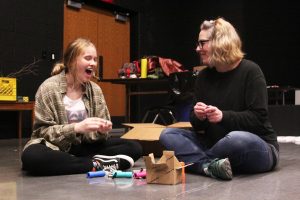
Smiling, junior Rylie Stellwagon works with english teacher and theater director Jamie Johnson replacing batteries in flashlights that will be used for the upcoming play in May. Stellwagon and Johnson are close and have a strong teacher-student relationship because of Stellwagon’s involvement with the theater department. “She’s definitely one of my favorite teachers,” Stellwagon said. “I’m glad I have her.”
connect with their students and to learn from those teachers. Junior Rylie Stellwagon believes English and Theater teacher Jamie Johnson, who she has had since freshman year, should serve as a model for other teachers in creating meaningful relationships.
“Jamie is really supportive, she encourages me to do anything I put my mind to,” Stellwagon said. “With teachers like Jamie, she physically reaches out to students whereas most of my other teachers don’t do that, if I need help I can go to them but most of them don’t come to me first. Obviously it isn’t something I should expect from them but it’s nice when she’s like ‘hey how’s it going’ and I don’t have to go to her.”
While Ms. Johnson has been successful in building relationships herself, she thinks there’s a teacher out there for every student at Lawrence High.
“Just thinking of Rylie as a student, everyone starts as a freshmen and grows so much, even adults are still growing so she has definitely been one of the most meaningful relationships with students that I’ve had,” Johnson said. “I think there’s somebody for everyone. I may not be the person for every kid, but I think there’s someone for everyone.”



